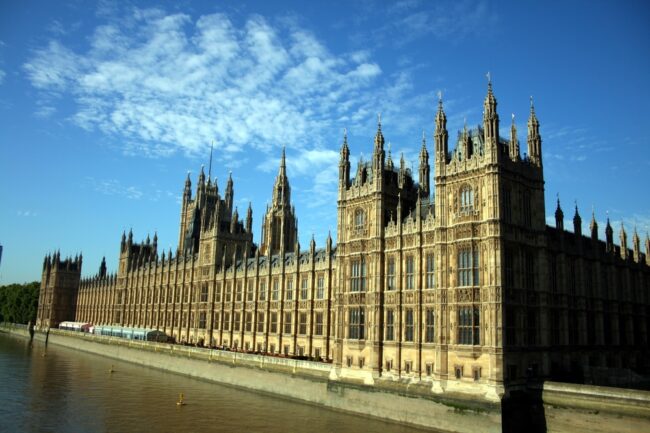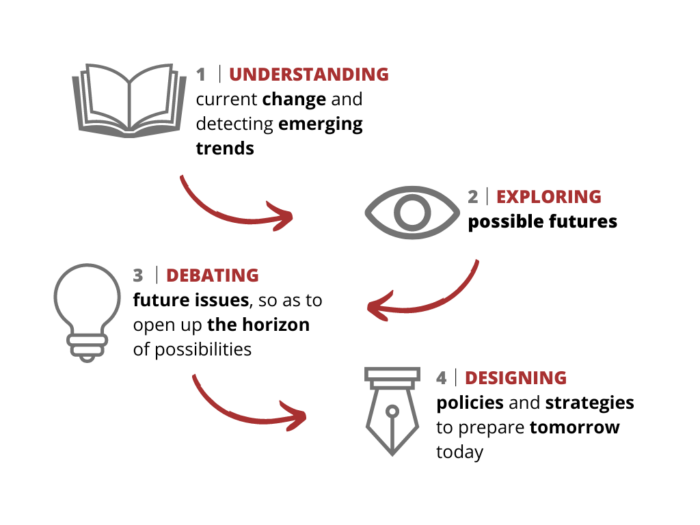Quite apart from its economic and commercial consequences, the 2016 decision by the United Kingdom to leave the European Union (EU) has also shown up the role the EU has played in keeping a lid on certain territorial disputes and demands for independence. Without second-guessing the details of Brexit implementation that will emerge from the current negotiations between the two parties, Futuribles has decided to examine these questions of territorial organization by way of a dossier covering not only the United Kingdom (where Brexit could change the rules of the game), but also two largely decentralized states, Spain and Germany.
In this dossier, Jean-François Drevet examines the specific situation of the UK. After recalling how the country has recently decentralized power (devolution) to Northern Ireland, Scotland and Wales, he highlights the particular case of England, which is struggling to find its place in this decentralized arrangement, and the dilemmas this produces where some decision-making is concerned. Most importantly, he recalls why this regional organization was adopted — mainly to respond to the economic crisis that was hitting some regions more severely than others — and the limits (particularly budgetary) it is running up against. Regional development remains very unequal in the country and socio-economic disparities between the London region and areas of high unemployment persist. These regional disparities also had a hand in the Brexit vote (with the EU playing its now classic role as scapegoat). Unfortunately, the implementation of Brexit will probably not have the positive consequences the citizens are hoping for, because of the loss of some European funding and a possible strengthening of dependence on the Treasury, if not indeed a potential revival of aspirations to independence in Northern Ireland or Scotland.


